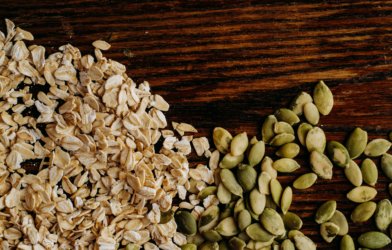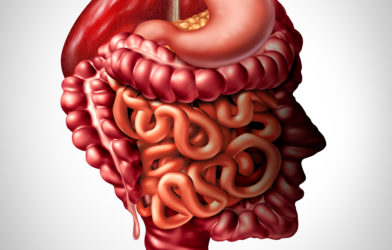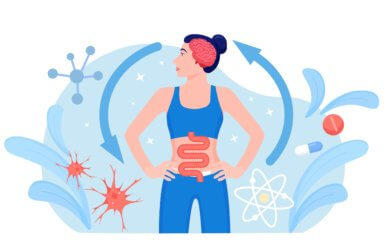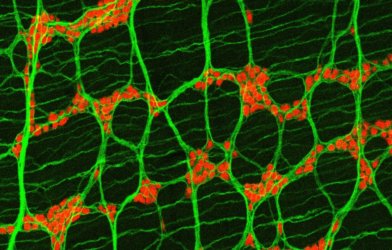
Gut Brain Connection


Your brain’s surprising ally when it comes to fighting infection: Your gutJanuary 9, 2023

3 Ways to Manage Anxiety Through Gut HealthJanuary 7, 2023

Strong evidence of connection between gut microbiome and developing Alzheimer’sJanuary 6, 2023

Here’s what happens to gut bacteria after cocaine ingestion, according to mouse modelNovember 15, 2022

Gut inflammation prevented by pain-sensing nerves, mouse study suggestsNovember 1, 2022

Gut mechanism responsible for rebound weight gain in children with obesity uncoveredOctober 26, 2022

Individual gut microbiome could dictate personalized, more effective depression treatmentsSeptember 12, 2022

Craving donuts? Scientists discover urge for junk food comes from gut signal to brainSeptember 7, 2022
